Microplastics and nanoplastics from degraded consumer products have been found in neck artery plaque, with the highest amounts in people who have had strokes, a new study finds.


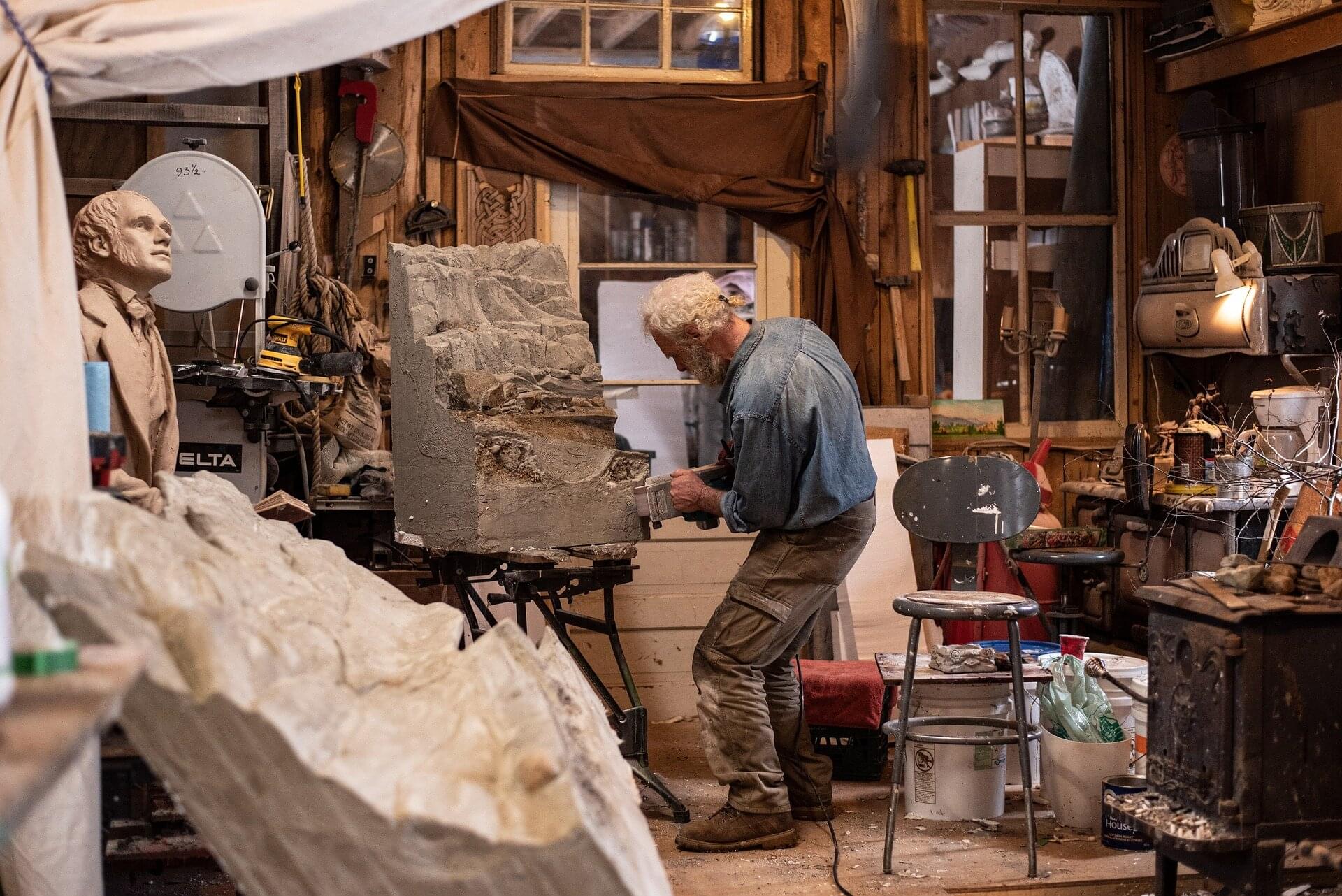
New research confirms that ADHD (Attention Deficit Hyperactivity Disorder) can be linked to increased creativity and suggests that this creativity is associated with a greater tendency to let your mind wander. This first study to explain the link between ADHD and creativity is presented at the ECNP Congress in Amsterdam.
Lead researcher Han Fang (from the Radboud University Medical Center, the Netherlands) said, “Previous research pointed to mind-wandering as a possible factor linking ADHD and creativity, but until now no study has directly examined this connection. We conducted two studies, utilizing two different groups of ADHD patients and healthy controls, one from a European group curated by the ECNP, and a second study from a UK group. In total, there were 750 participants. Separately analyzing results from two independent groups means that we can have greater confidence in the results.”
The researchers examined the correlations between ADHD characteristics, creativity, and functional impairments and the role of mind-wandering in those links. Both patient groups showed classic ADHD characteristics, such as lack of attention, impulsivity, and the tendency to let one’s mind wander away from the subject in hand. Both studies showed that more ADHD symptoms were correlated with more mind-wandering.
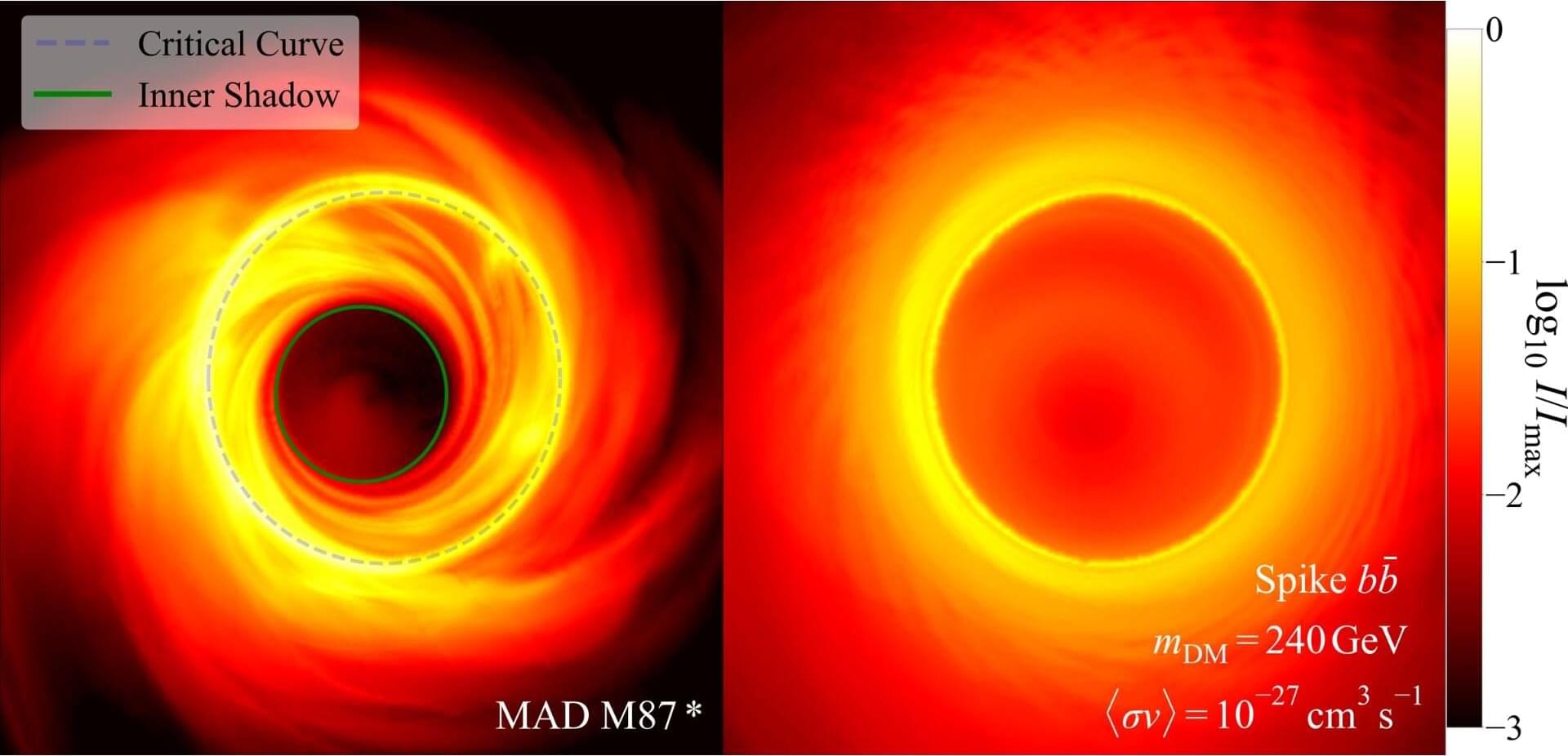
According to a new Physical Review Letters study, black holes could help solve the dark matter mystery. The shadowy regions in black hole images captured by the Event Horizon Telescope can act as ultra-sensitive detectors for the invisible material that makes up most of the universe’s matter.
Dark matter makes up roughly 85% of the universe’s matter, but scientists still don’t know what it actually is. While researchers have proposed countless ways to detect it, this study introduces black hole imaging as a fresh detection method—one that comes with some distinct benefits.
The Event Horizon Telescope’s stunning images of supermassive black holes have revealed more than just the geometry of spacetime; they’ve opened an unexpected window into the search for dark matter.
How will AI transform the future of cancer treatment? This was the central question guiding a recent Cancer Research Institute (CRI) panel hosted and moderat…
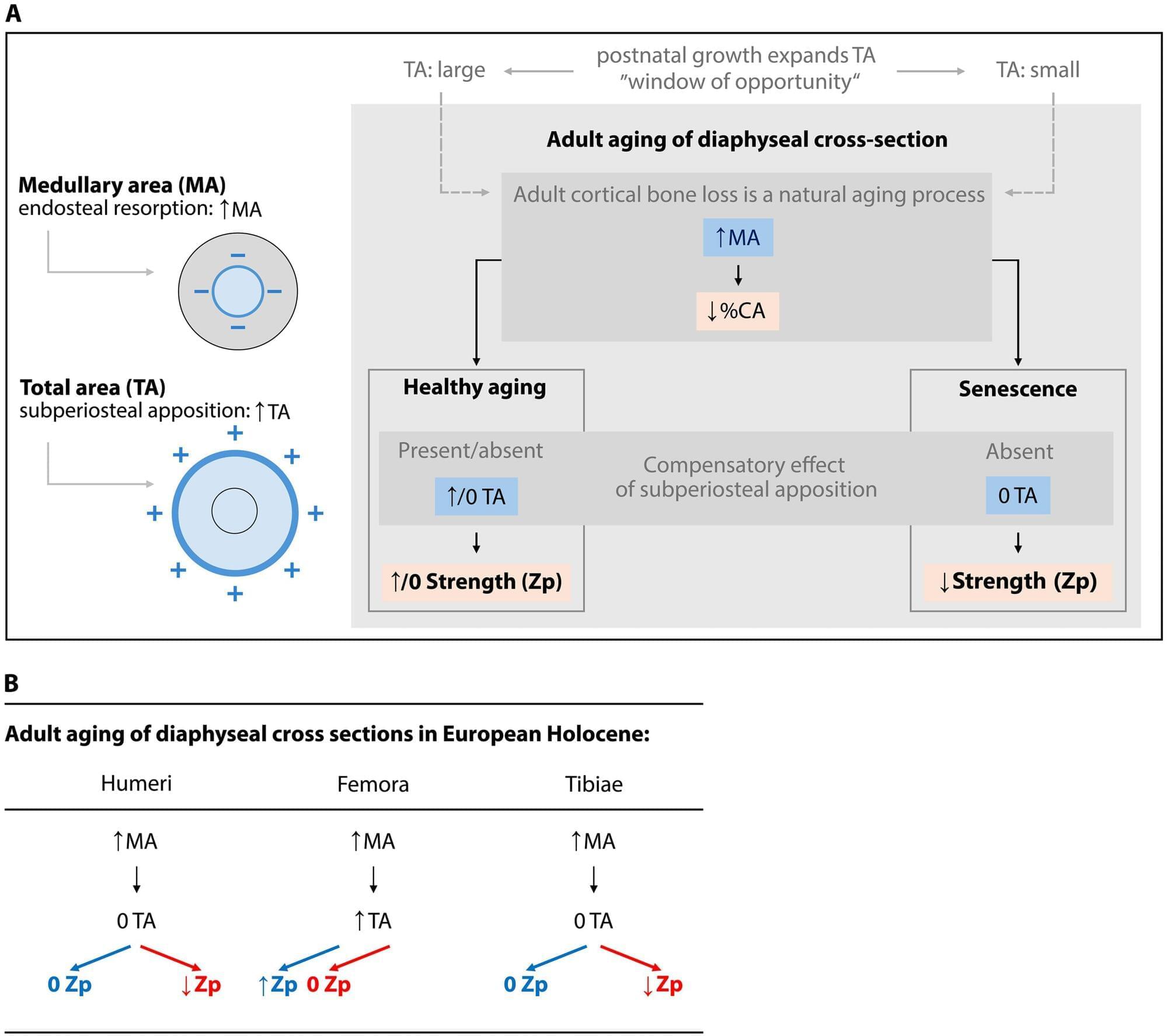
Research led by Vladimír Sládek sheds new light on how bones age, questioning long-standing assumptions that sedentary lifestyles are the primary cause of weakening bone strength in modern humans.
The study analyzed 1,881 adult humeri, femora, and tibiae from European Holocene populations to examine how bone strength and structure change with age. Surprisingly, researchers found that patterns of diaphyseal (shaft) aging were consistent across both Early and Late Holocene adults—despite significant differences in physical activity levels between the two groups. The research is published in the journal Science Advances.
“Our findings suggest that lifestyle differences may not fully explain age-related declines in bone strength,” said Dr. Sládek. “Instead, the biology of bone growth and aging itself plays a critical role.”

Efficient DNA repair might make possible the longevity of naked mole-rats. However, whether they have distinctive mechanisms to optimize functions of DNA repair suppressors is unclear. We find that naked mole-rat cyclic guanosine monophosphate–adenosine monophosphate synthase (cGAS) lacks the suppressive function of human or mouse homologs in homologous recombination repair through the alteration of four amino acids during evolution. The changes enable cGAS to retain chromatin longer upon DNA damage by weakening TRIM41-mediated ubiquitination and interaction with the segregase P97. Prolonged chromatin binding of cGAS enhanced the interaction between repair factors FANCI and RAD50 to facilitate RAD50 recruitment to damage sites, thereby potentiating homologous recombination repair.
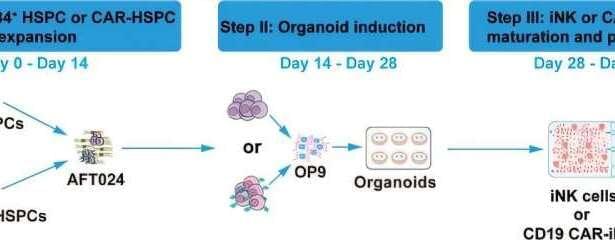
Chinese researchers have developed a novel method to efficiently engineer natural killer (NK) cells for cancer immunotherapy. NK cells are central to early antiviral and anticancer defense—among other immune system roles—making them well-suited for cancer immunotherapy. For example, chimeric antigen receptor (CAR)-NK therapy involves adding a lab-built receptor (a CAR) to an NK cell, enabling it to recognize a specific antigen on a cancer cell and attack it.
However, conventional CAR-NK immunotherapies rely primarily on mature NK cells isolated from human tissues, such as peripheral blood or cord blood, which poses multiple challenges, including high heterogeneity, low engineering efficiency, high handling costs, and time-intensive processing.
Now a research team led by Prof. Wang Jinyong from the Institute of Zoology of the Chinese Academy of Sciences has developed a novel method to generate induced (that is, lab-generated) NK (iNK) cells and CAR-engineered iNK (CAR-iNK) cells from CD34+ hematopoietic stem and progenitor cells (HSPCs) derived from cord blood.
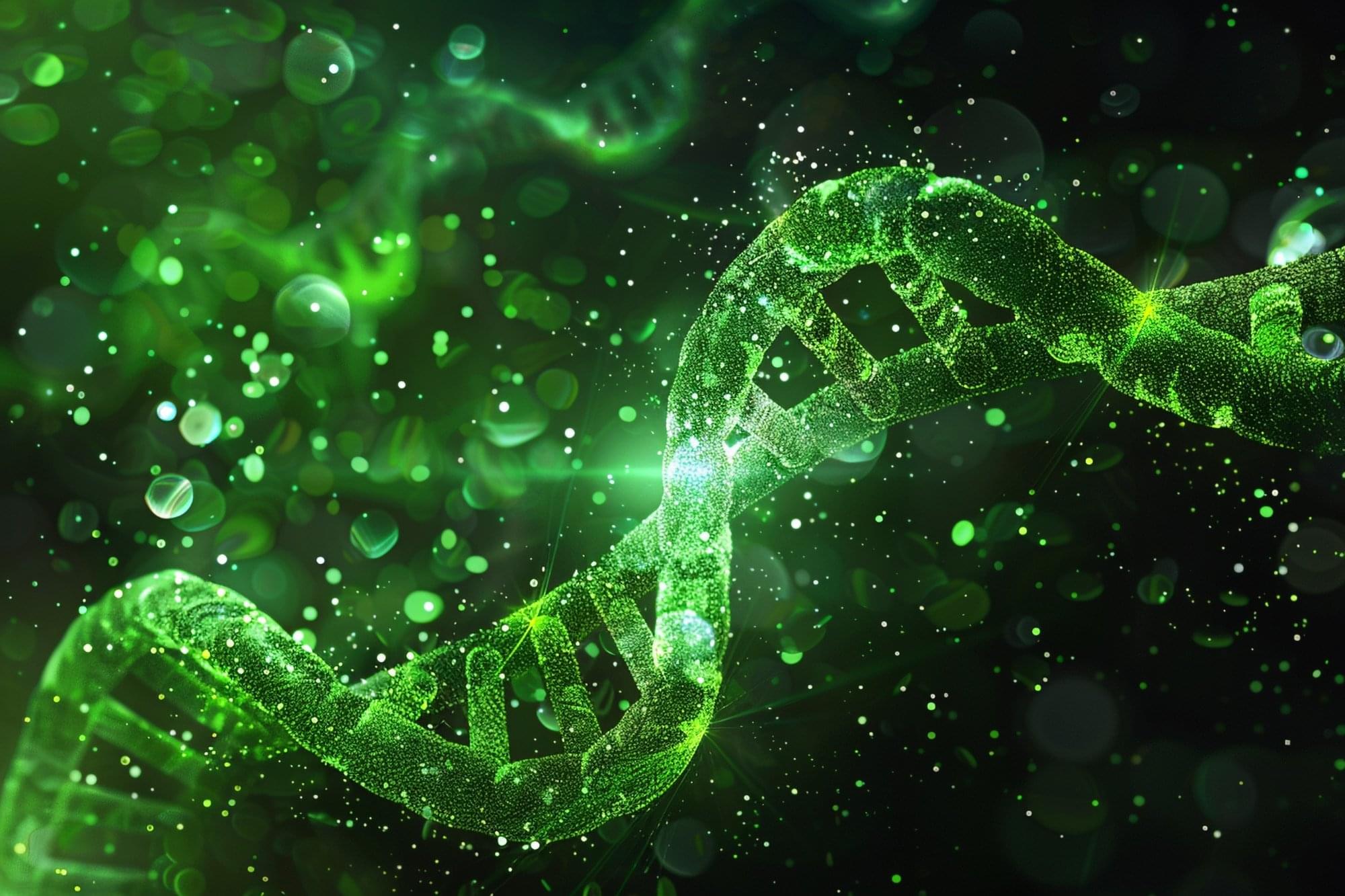
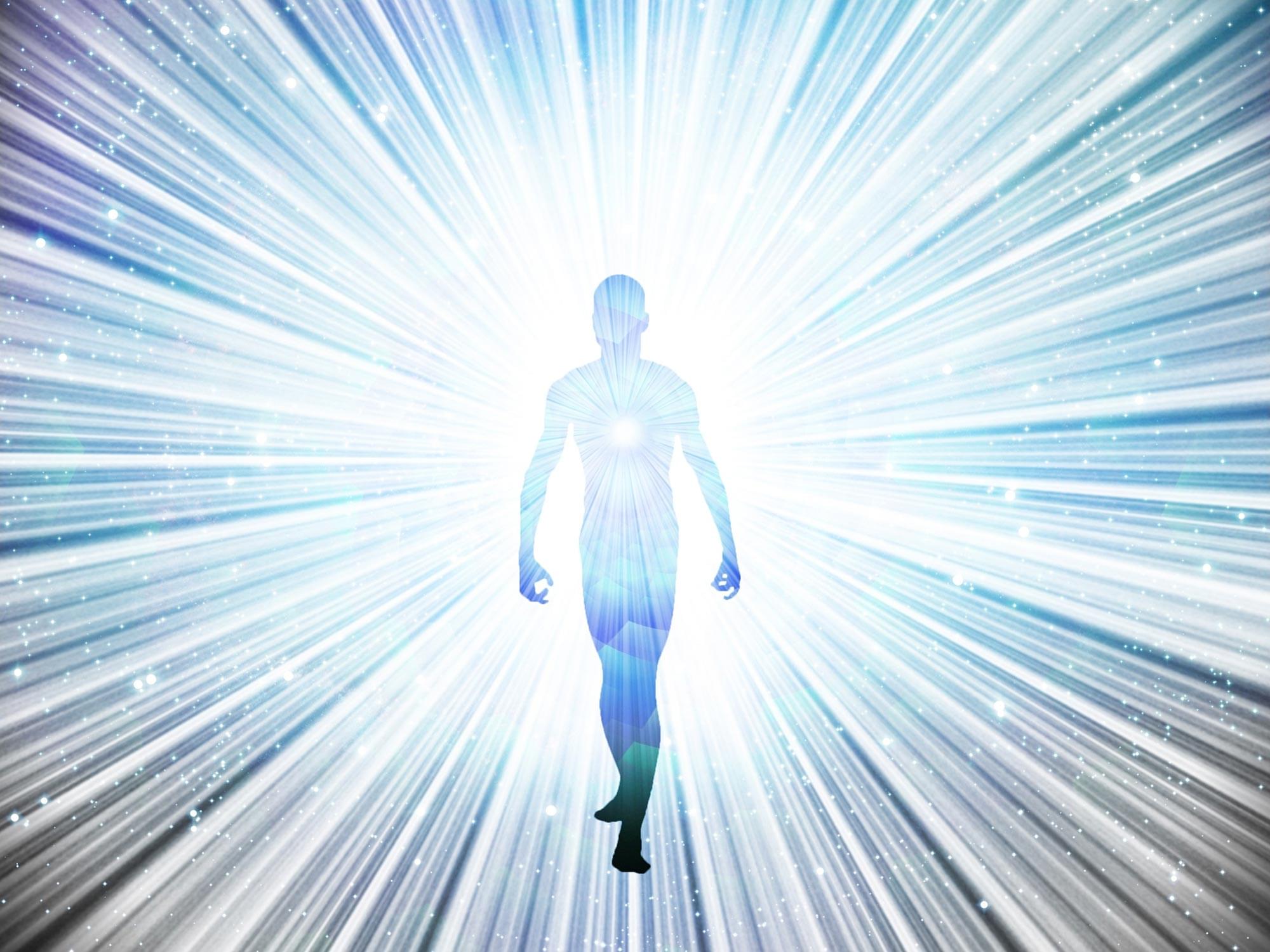
Researchers at the University of Basel in Switzerland have discovered that certain nutrients in food can cause a mild stress reaction in nematodes. Surprisingly, rather than harming the organisms, this slight stress appears to boost their overall health and help them maintain vitality as they grow o

So many men in Chichigalpa, Nicaragua, have died from kidney failure, the town is known as the Island of the Widows. The condition that afflicts them — called chronic kidney disease of unknown origin, or CKDu — is, as its name implies, a mystery. It is a tubulointerstitial kidney disease that affects people everywhere. But researchers don’t know why rates are much higher in low-lying, hot agricultural areas like Chichigalpa, which is surrounded by sugarcane fields.
Shuchi Anand, MD, a Stanford Medicine associate professor of nephrology, has been interested in the disease since it was first described in the 1990s.
“Two-thirds of the people with this disease are men, many in their 30s and 40s,” said Anand, who is the director of the Center for Tubulointerstitial Kidney Disease. “This is the prime age of work and income generation. They are the breadwinners. This disease can devastate families.”